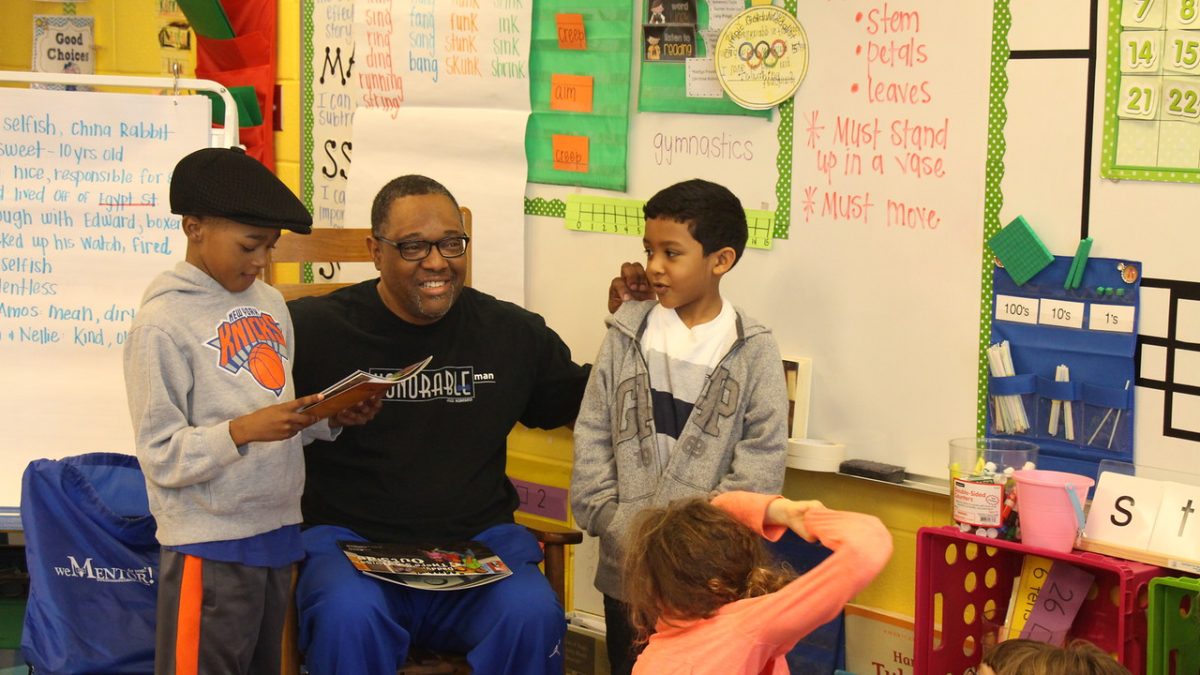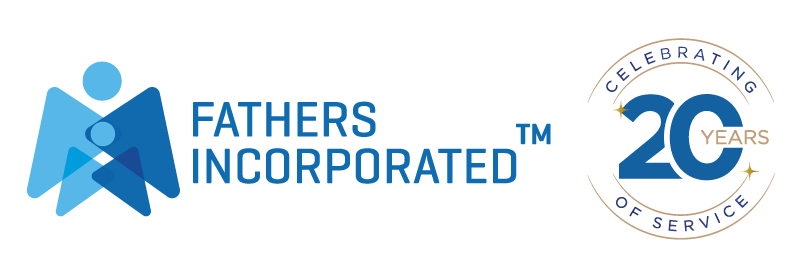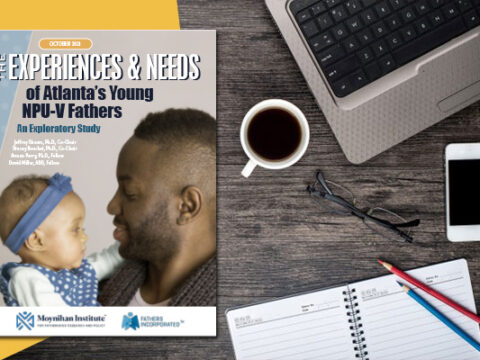Real Dads Read Program Study – GSU

Fatherhood Research & Practice Network Issued Grant to GSU to Examine the Real Dads Read Program: Barbers’ and Fathers’ Reflections and Experiences
ATLANTA (July 17, 2020)— Georgia State University received funding from the Fatherhood Research & Practice Network (FRPN) to examine barbers’ implementation of Fathers Incorporated’s “Real Dads Read” (RDR) in 21 of 70 barbershops located in Atlanta, Georgia.
The full report can be obtained here.
Fathers Incorporated established Real Dads Read (RDR) as a male involvement literacy program in 2017. The RDR program operates by placing little libraries in barbershops in order to encourage fathers to read to their children while they wait for a haircut. RDR aims to:
- encourage African-American, pre-K to elementary school aged children to enjoy reading,
- improve literacy skills of those children, and
- get African-American fathers involved in shared book-reading with their children.
RDR operates on the belief that active father involvement positively affects children’s education outcomes.
RDR is a book distribution program that seeks to address issues of access to high-quality, culturally relevant books for African-American fathers and their children. This program is predicated on the understanding that barbers are an untapped community resource that can be leveraged to support fathers’ engagement in book reading activities to support children’s literacy development.
This program is built off of other successful models for incorporating resources into barbershops, which serve as an important community touchpoint for urban African-American communities. Findings from this study illustrate the promise of the RDR program as evidenced by barbers’ positive views.

The program began with 20 barbershops throughout Atlanta, Georgia. Currently, RDR has 100 little libraries across the region, many in partnership with Little Free Libraries, with 68 of those located in barbershops and 15 located in elementary schools. Seventeen barbershops are in Columbus, Georgia.
RDR ’s core values emphasize the role of father figures in supporting their children’s language and literacy development. Research suggests that children’s literacy development is supported by both formal and informal home literacy activities (Sénéchal, 2006).
According to Sénéchal (2006), informal literacy activities such as parent–child, home-book reading; the number of books in the home; and book-reading strategies (e.g., asking questions of children and pointing to key vocabulary as parents read books) are associated with children’s vocabulary gains and improvements in listening comprehension
These barbers were also much more likely to speak of themselves as a personal and professional resource for families and to articulate the importance of the barbershop as a gathering place for African American men. Some of the barbers saw the book distribution program as external to the nature of the barbershop as a place of business.
RDR is targeted toward communities that are traditionally underserved in both access to books and in educational programming to support fathers or father figures in supporting their child’s literacy and language development.
RDR is designed to address the fact that African-American children from under-resourced backgrounds, particularly boys, tend to have tend to have lower academic outcomes in school as a function of limited access to literacy experiences (Husband, 2012).
For more information about this report or to request interviews for Kenneth Braswell, CEO of Fathers Incorporated, please refer to the press contact or call 770-804-8400.



